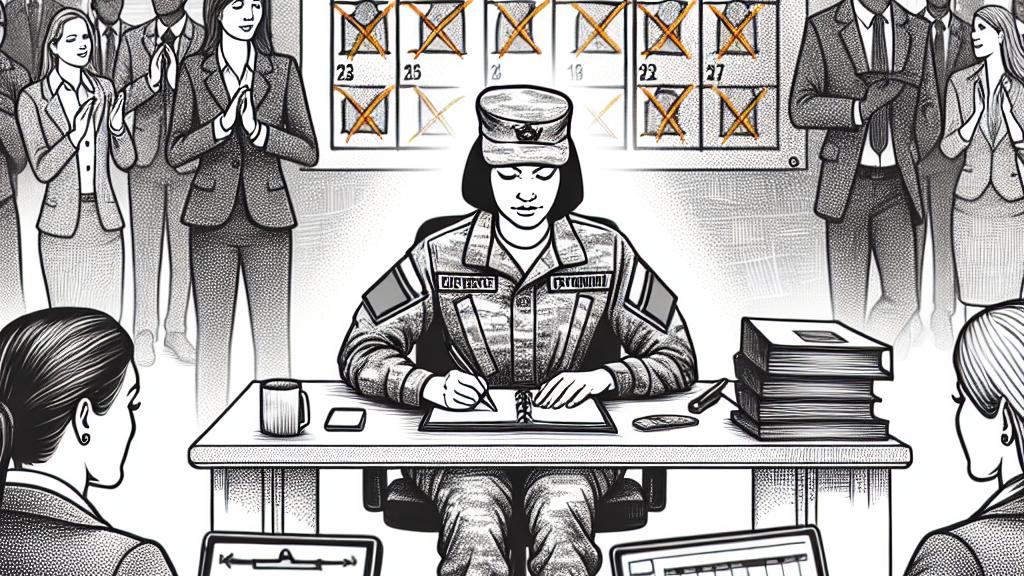Understanding the Challenges Faced by Army Reservists at Work
Overview
- Many managers provide insufficient support for reservists during military obligations.
- Reservists frequently encounter misunderstanding and inadequate recognition in civilian jobs.
- A significant gap exists between employers' stated support and the actual experiences of reservists.

The Stark Reality of Reservist Support
In Australia, a revealing survey has exposed a stark truth for Army reservists. Despite being widely praised by employers for their work ethic, nearly 20% of managers admitted they would likely offer low or extremely low support when these employees needed time off for military duties. This disconnect between words and actions raises critical questions. It illustrates the troubling gap where organizations may outwardly celebrate reservists yet falter when it comes to offering them crucial accommodations during training or deployment. Imagine pouring your heart into both a civilian job and military service, only to be met with indifference from your employer when you need their understanding the most.
Breaking Down Misconceptions
One particularly striking theme from this research is the misconception about the relevance of military training in civilian workplaces. Many managers mistakenly believe that the skills developed in the military—such as leadership, teamwork, and crisis management—are not transferable. Yet these competencies can be incredibly valuable! For instance, a reservist may lead a team during a high-pressure operation, only to return to a civilian job where their military experiences are overlooked. One reservist poignantly remarked, 'It feels like they think my service is just a weekend hobby rather than the serious responsibility it is.' This perspective not only undermines the reservists but also blinds organizations to the wealth of talent and experience they bring to the table.
The Silent Struggles of Reservists
Additionally, a culture of silence often surrounds reservists in the workplace. Many feel compelled to conceal their military involvement for fear of being judged or facing backlash from management. Picture this: balancing regular job duties with the potential for sudden military deployment. The anxiety is compounded by the lack of support, leaving many reservists to navigate their unique challenges alone. This silence creates an invisible barrier that isolates them—making it even harder to integrate their dual responsibilities and contribute fully as employees. It is a troubling reality; that many find themselves wrestling with their identities and loyalty to both their country and their careers.
A Compelling Call for Change
The critical findings from this compelling study, led by sociologists from the University of South Australia, call for a significant shift in how organizations perceive and support their reservist employees. Creating a culture that fosters understanding and genuine support is essential. Companies must prioritize education and engagement about the unique challenges reservists face. By doing so, they can bridge the gap between their professed support and actual practices, ensuring that reservists feel recognized and valued. Ultimately, when organizations respect and honor the sacrifices made by these brave individuals, they not only cultivate a more inclusive workplace but also enhance their productivity and morale.

Loading...